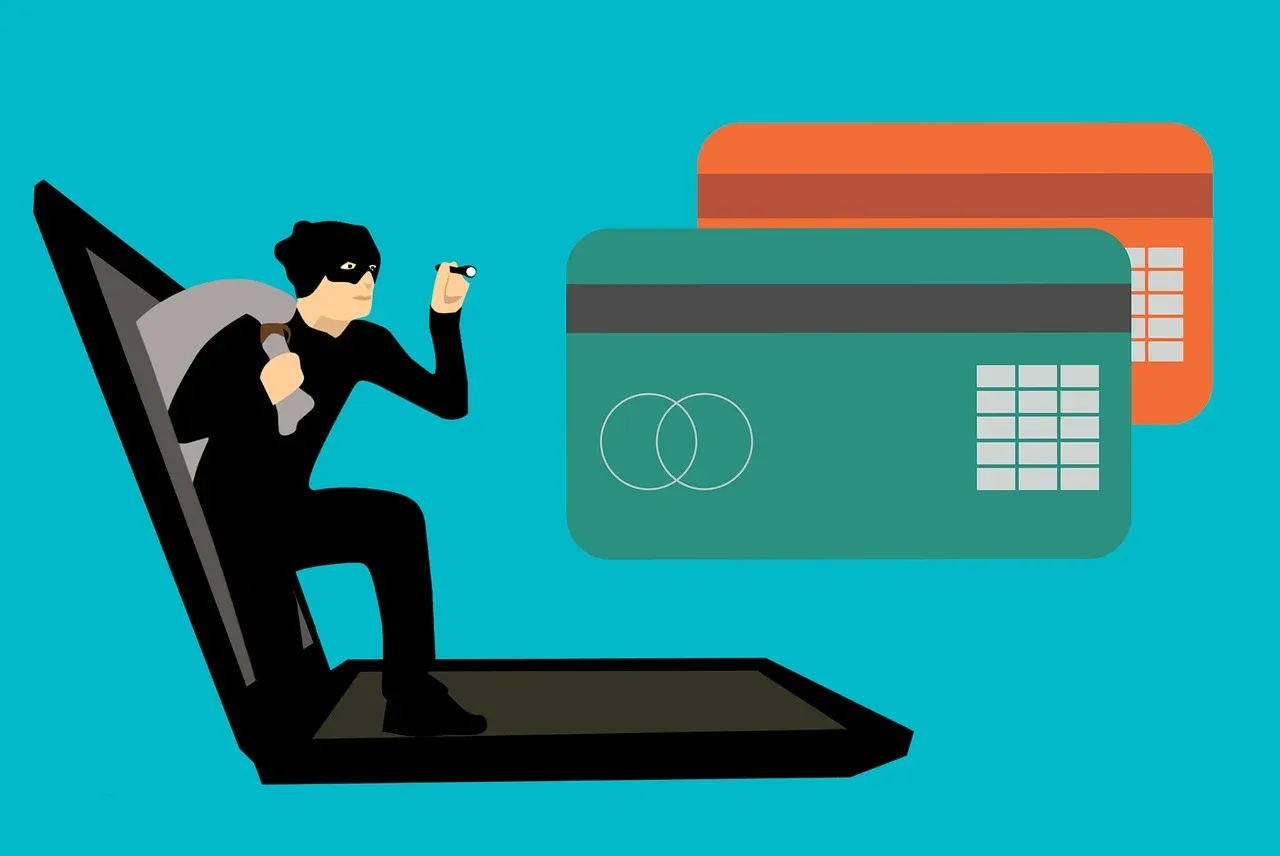In the realm of financial wellbeing, your credit report acts much like a garden. Just as a garden thrives with care and attention but suffers from neglect, so too does your credit score reflect your financial habits. Among the weeds that can choke the health of your credit garden, a charge-off is particularly pernicious. A charge-off can happen with credit card debt forgiveness, should your creditor choose to write it off as a loss. This article delves into the intricacies of a charge-off, how it impacts your credit score, and strategies to potentially remove it from your credit report.
Understanding the Impact of a Charge-Off
A charge-off is akin to a scar on your credit report – it signifies a past wound, a debt that was deemed uncollectible by a creditor. This usually occurs when payments on a debt, such as credit card debt, cease for a prolonged period, typically six months. It’s a creditor’s white flag, signaling they’ve given up on collecting the debt directly from you. However, this doesn’t mean the debt is forgiven. The charge-off remains on your credit report, signaling to future lenders a history of financial misstep.
The Art of Negotiation: Seeking Credit Card Debt Forgiveness
In the initial stages of financial distress, before a charge-off materializes, there’s a window of opportunity. This is where the concept of credit card debt forgiveness enters the scene. It’s like pruning a plant; you’re cutting off the part that can’t be saved to preserve the health of the rest. By negotiating with your creditor, you can sometimes reach an agreement to settle the debt for less than what’s owed, thereby avoiding a charge-off. This proactive approach requires transparency with your creditors and a willingness to find a middle ground.
The Charge-Off Removal Process
Once a charge-off has made its home on your credit report, removing it becomes a challenge, but not necessarily an insurmountable one. The process is akin to restoring a neglected garden; it requires patience, persistence, and the right approach.
- Dispute Inaccuracies: Like checking for plant diseases, start by examining your credit report for any inaccuracies related to the charge-off. If you find errors, dispute them with the credit bureaus. This could be as simple as incorrect dates or as complex as mistaken identity.
- Negotiate with the Creditor: Approach this like negotiating for a rare plant. If the charge-off is valid, you can still negotiate with your creditor. Perhaps you can offer to pay a portion of the debt in exchange for having the charge-off removed. This is known as a ‘pay-for-delete’ agreement, although not all creditors will agree to this.
- Seek Professional Help: Sometimes, you need a gardener’s expertise. Similarly, consider consulting a credit counselor or legal professional. They can provide guidance and might help negotiate with creditors or find other legal avenues to address the charge-off.
Improving Credit Health Post-Charge-Off
After addressing a charge-off, it’s crucial to nurture your credit score back to health. This involves:
- Regular Monitoring: Regularly check your credit report for new issues or discrepancies.
- Responsible Credit Use: Limit your credit utilization and ensure timely payments on all accounts.
- Diversifying Credit: Consider different types of credit, like a mix of revolving credit (credit cards) and installment loans (auto, personal, or student loans).
Conclusion: The Path to a Healthier Credit Score
In conclusion, while a charge-off can significantly damage your credit report, it’s not the end of your financial journey. Think of it as a lesson in your financial growth. With the right strategies and a commitment to responsible credit use, you can work towards removing a charge-off from your credit report and fostering a healthier financial future.
